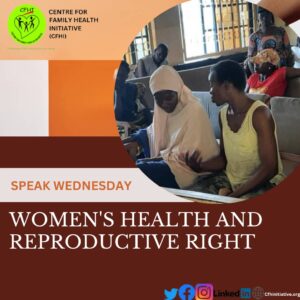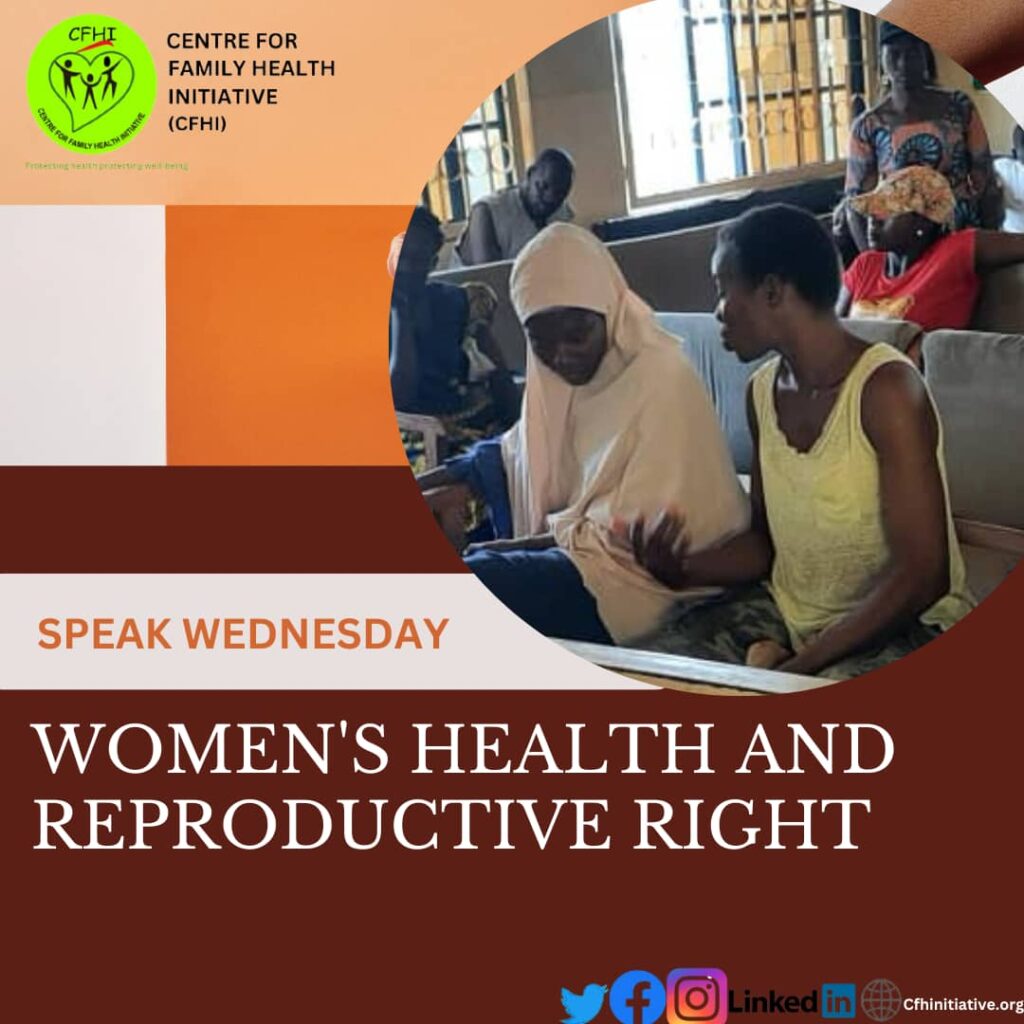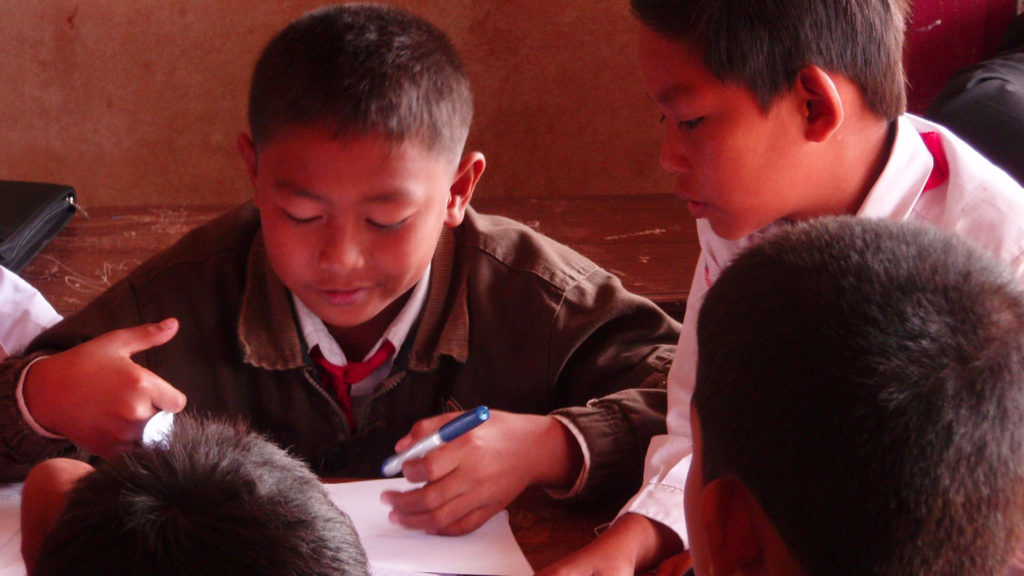Women’s reproductive and health rights are critical to attaining gender equality and fostering women’s well-being. The World Health Organization and the United Nations have acknowledged the significance of defending women’s reproductive and health rights, which are inextricably tied to their social, economic, and political standing. In Nigeria, women’s reproductive and health rights are protected by both international and national laws.
Discrimination against women in health care is a violation of their human rights, according to the Convention on the Elimination of All Forms of Discrimination Against Women (CEDAW). The treaty demands equal access to health care services, particularly reproductive health treatments, as well as the abolition of harmful cultural practices that undermine women’s health.
Nigeria is a signatory to CEDAW and established legislation to protect women’s reproductive and health rights. The 2014 National Health Act affirms the right to health care services, including reproductive health services, and requires health facilities to offer emergency obstetric care to pregnant women. The Violence Against Persons (Prohibition) Act of 2015 criminalizes many forms of violence against women, including female genital mutilation, and ensures the protection of victims.
Additionally, by prohibiting child marriage and respecting girls’ rights over their bodies, the Child Rights Act of 2003 protects young girls’ reproductive rights.
The Child Rights Act of 2003 also protects the reproductive rights of young women by prohibiting child marriage and upholding girls’ autonomy over their bodies.
Women in Nigeria still struggle to obtain services related to reproductive health, and they frequently face violence and discrimination based on their gender, in spite of these laws and initiatives. Harmful practices like female genital mutilation and child marriage, which can have a negative impact on women’s health, are typically supported by cultural and religious beliefs.
In conclusion, establishing gender equality and advancing the welfare of women in Nigeria and around the world depend on safeguarding their legal access to contraception and other health-related services. In Nigeria, women’s reproductive and health rights are also legally protected, but more must be done to eradicate harmful traditions and ensure that every woman has access to reproductive health care.
Speak Wednesday is an initiative of CFHI to address issues around gender-based violence and gender bias.
#SpeakWednesday #Women’sHealth #Women’sRights #HumanRights #GenderStereotype #GenderBias #GenderInequality



